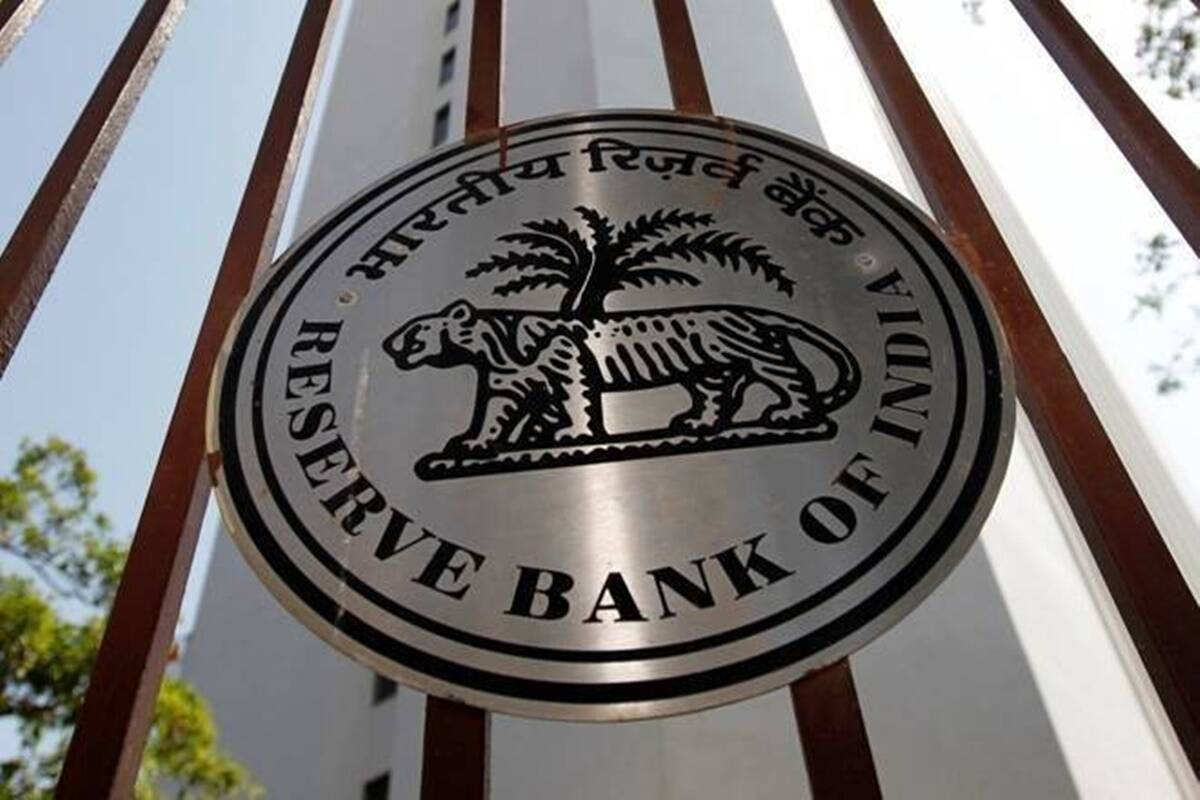Products You May Like

By Runa Sarkar & Partha Ray
In a primary within the historical past of the International Dangers Notion Survey of the World Financial Discussion board’s, in 2020, the dangers of local weather change and associated environmental points occupy the highest 5 spots when it comes to probability. Managing these dangers require massive scale investments, and inaction might value the worldwide financial system $150 billion yearly (2014 White Home report). The Worldwide Finance Company of the World Financial institution estimates that the Paris Settlement opened up an $23-trillion alternative (until 2030) for local weather initiatives in EMEs that account for 70% of the overall international local weather funding requirement. Nonetheless, in keeping with the Local weather Coverage Initiative, present local weather investments are a mere 2% of the overall required. If the targets for climate-focused investments are to be met by way of banks and capital markets, a serious shift is required within the present trajectory.
Associated Information
Whereas there’s a common settlement that the Paris goal on limiting international temperature rise is insufficient, reaching even this requires a considerable reallocation of world investments. Some motion on inexperienced investments is seen, however modifications within the regulatory and oversight framework of the whole banking system is required. The share of inexperienced loans within the banking system is low (round 4% for India and China, for example) and, lower than 1% of the $180 trillion of institutional buyers was put into inexperienced/local weather areas.
The Basel-based Financial institution for Worldwide Settlement (BIS) has flagged local weather change as a central concern for the monetary sector. In a Could 2021 doc, introduced out by the Monetary Stability Institute of the BIS, fascinating ideas for prudential regulation of the monetary sector, primarily based on the suggestions of central banks and Supervisors Community for Greening the Monetary System (NGFS), have been proposed. RBI joined NGFS on April 23, 2021. Broad suggestions are: supervisors should decide the trail of transmission of climate-related and environmental dangers to their economies and monetary sectors, and establish materials dangers for supervised entities.;
nationwide authorities (regulators and central banks) have to develop a technique that helps the mixing of those climate-related and environmental dangers within the supervisory work; supervisors have to establish monetary establishments’ exposures to those dangers and assess their potential losses; clear supervisory expectations must be set with regard to quite a lot of points, akin to, governance preparations, “together with the necessity for monetary establishments’ to assign administration duties for local weather and environmental dangers, board-level duties, and match and correct necessities for senior executives and board members”; and, supervisors want to make sure “enough administration of climate-related and environmental dangers by monetary establishments” and take applicable actions wherever obligatory.
Admittedly, these suggestions don’t enumerate any particular dos and don’ts. As an alternative, they’re broad ideas. In its first complete report in 2019, the NGFS really useful the mixing of climate-related dangers into micro-prudential supervision.
In fact, the facility of the NGFS is sort of restricted—it’s a voluntary, consensus-based discussion board whose objective is three-fold: (a) to share finest practices, (b) to contribute to the event of climate- and environment-related danger administration within the monetary sector, and (c) to mobilise mainstream finance to assist the transition in direction of a sustainable financial system.
Extra not too long ago in Could 2020, the NGFS got here out with a reasonably detailed technical doc that has a number of illustrations of what number of central banks have began taking climate-related and environmental dangers critically. Illustratively, the Reserve Financial institution of New Zealand has a local weather change technique, the Malaysian Central Financial institution has arrange an inner community for this objective, and the Financial institution of England assessed mortgages in opposition to flood-risks.
The worldwide monetary disaster added prudential regulation as a vital part within the toolbox of central banks/monetary regulators. The present situations of climate-change impression are a wake-up name to incorporate climate-change within the regulators’ toolbox as effectively. A delayed response or measured indifference to this difficulty might become irreparably costly for the monetary sector.
Sarkar is professor of Economics, IIM Calcutta, & Ray is director, Nationwide Institute of Financial institution Administration, Pune
Get stay Stock Prices from BSE, NSE, US Market and newest NAV, portfolio of Mutual Funds, Try newest IPO News, Best Performing IPOs, calculate your tax by Income Tax Calculator, know market’s Top Gainers, Top Losers & Best Equity Funds. Like us on Facebook and comply with us on Twitter.
Monetary Specific is now on Telegram. Click here to join our channel and keep up to date with the most recent Biz information and updates.
